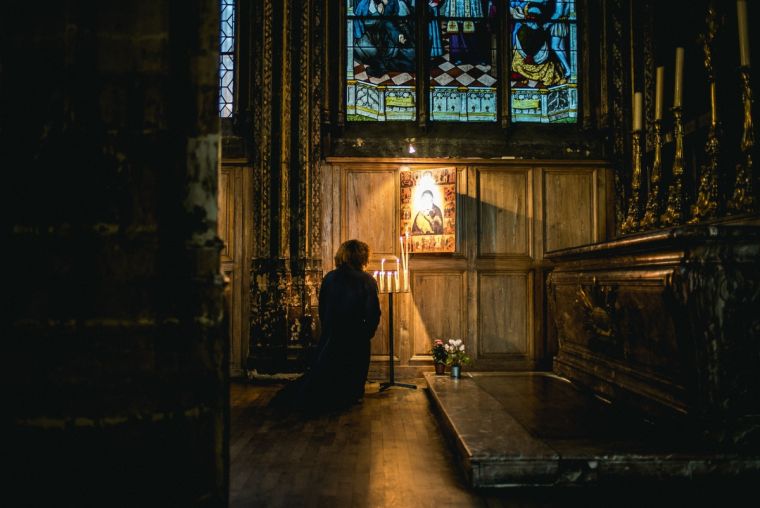Is Christianity a middle-class pursuit? Why we need a 'church for the poor'

Being invited to dinner at someone's house used to cause me great anxiety. Prior to becoming a Christian, I had never experienced different types of food being served in separate dishes. 'After you', my host would kindly say. Inside, I would panic. What if you were supposed to put the food on your plate in a specific order? How much were you supposed to take? I would insist the host went first, hoping that I would be able to copy them. But nice, polite middle class Christians in Britain would always insist the guest went first.
Christianity is not a middle class pursuit. It never has been, and never should be. It is supposed to be good news for the poor, in particular. Yet for many people like me, who grew up in a working class home, living in relative poverty – stepping into church in Britain can be a severe culture shock.
Churches of all denominations across the UK have stepped up their care for those in need in their communities since the global financial crash of 2008. Christians volunteer literally millions of hours per year helping the poor, while churches are spending millions of pounds running projects to support people facing various crises. We run foodbanks and night shelters and debt centres and soup kitchens. We offer help with parenting, relationships and budgeting. However, there's a lingering disconnect between the people we're supporting and the people in our churches.
That's one of the reasons Martin Charlesworth and I felt compelled to write our new book A Church for the Poor, published by David C Cook this summer. Many of the people being helped through the crises they are facing by the church, would not feel comfortable in our church meetings. So many of our traditions – our ways of doing things – are inadvertently excluding some of the very people Jesus proclaimed the gospel was for.
One of the statistics we cite in the book to illustrate this point is that 81 per cent of practising Christians in Britain today have a university degree. This compares to 27 per cent of the population as a whole. Our middle class churches are missing a huge demographic from our communities. This needs to change.
Martin and I work for a national Christian charity called Jubilee+, which has a big vision to see to see the Church in the UK be a champion of the poor and a mean to healthy communities across the nation. We write about issues affecting Britain today; we run training and the national Churches that Change Communities conference; we carry out research into the effectiveness of church-based social action projects.
As we travel to different churches and meet with leaders, members and activists, time and time again we're asked: 'How do we help people from poorer and working class backgrounds feel welcome, valued and fully integrated into our mainly middle class churches?'
In A Church for the Poor, we seek to address that question. The first half of the book gives the biblical and historical overview, as well as the current context of poverty in Britain today. We explore the question of who the poor actually are in our communities. And we look at some of the obstacles to building churches for everyone, such as lingering class divisions and the materialism and cynicism that are so rampant in our society.
In the second half of the book we move on to practicalities: what do we need to think about in order to transforming our churches to meaningfully reach the poor in Britain?
Martin led Barnabas Community Church in Shrewsbury for over 20 years. It is a church that has had care for the poor at its very heart from the start. He also leads the Jubilee+ team. He said, 'We are delighted, through this new book, to be able to help as many churches and Christians as possible reach out and change the lives of many of the most vulnerable. We wanted to write this book to make the case for a more radical approach to church that truly encompasses the poor in our nation. There is an urgent need for a church for the poor.'
Martin and I write from very different experiences and backgrounds, but with a shared vision to see churches of all denominations, in all areas of the country, becoming diverse families for everyone, regardless of class, wealth, social status or any other potential barrier. We hope that A Church for the Poor will play its part in seeing that vision increasingly become a reality.
Natalie Williams grew up in a working class family in Hastings. Having worked as a journalist in London and Beijing, she now works as the Communications Coordinator for Jubilee+, as well as overseeing communications and social action for King's Church Hastings. Find out more about Jubilee+ at www.jubilee-plus.org. A Church for the Poor is available now. On Twitter @jubileeplus and @natwillnatter.











